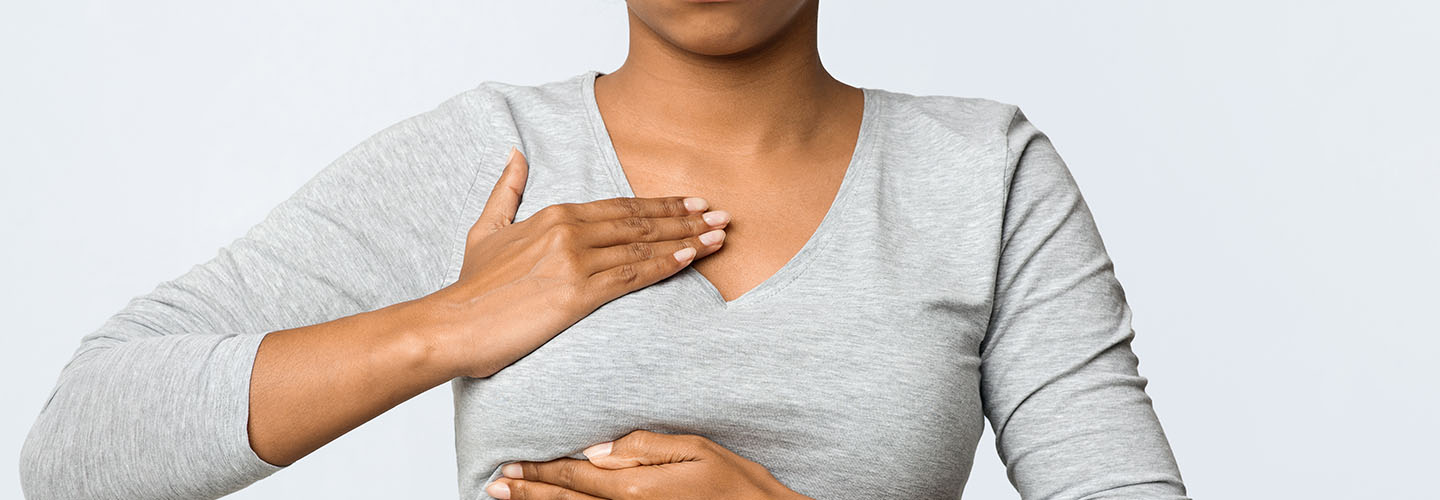
Well-Woman Check-Up
Prioritise your reproductive health with a well-woman check-up.
As a woman, taking care of your health requires more than your routine medical check-up. Regularly going for well-woman check-ups is vital for early detection, prevention and treatment.
Dr Kavul Mulomb recommends you attend a well-woman check-up every year after the age of 21 or from the age you become sexually active. You are also strongly recommended to attend as soon as possible if you have been experiencing any pelvic pain or menstrual abnormalities.
What to expect at your first well-woman exam
If it is your first appointment with Dr Kavul Mulomb, as with all appointments, he will first get to know you by asking you a few questions about your medical and family history.
The well-woman exam comprises 4 parts; a physical exam, a pelvic exam, a breast exam and a pap smear.
Physical exam: Dr Kavul Mulomb will start the appointment by doing a quick check-over of your vital signs and feeling your abdomen for any abnormalities. He will also ask if you have any current concerns that you would like to focus on during the appointment.
Breast exam: Dr Kavul Mulomb will examine your breasts for any lumps or abnormalities.
Pelvic exam: During a pelvic exam, you will lie down with your feet elevated so that Dr Kavul Mulomb can examine your pelvic area for any signs of inflammation, redness and irritation. This is to detect any signs of cancer, STIs and abnormalities that are a cause for concern. If there are any concerns, you may be referred for further testing.
Pap smear: After your pelvic exam, Dr Kavul Mulomb will use a speculum to open your cervix and then, using a brush, take a small sample of cells to test for cervical cancer and sometimes STIs.
A well-woman exam is also a great time to speak to Dr Kavul Mulomb about any other concerns or questions you have, such as:
- Contraception options
- Hormone questions
- Fertility questions
- Menstruation
- Sexual health and STIs
